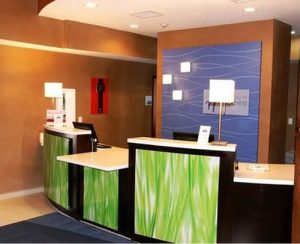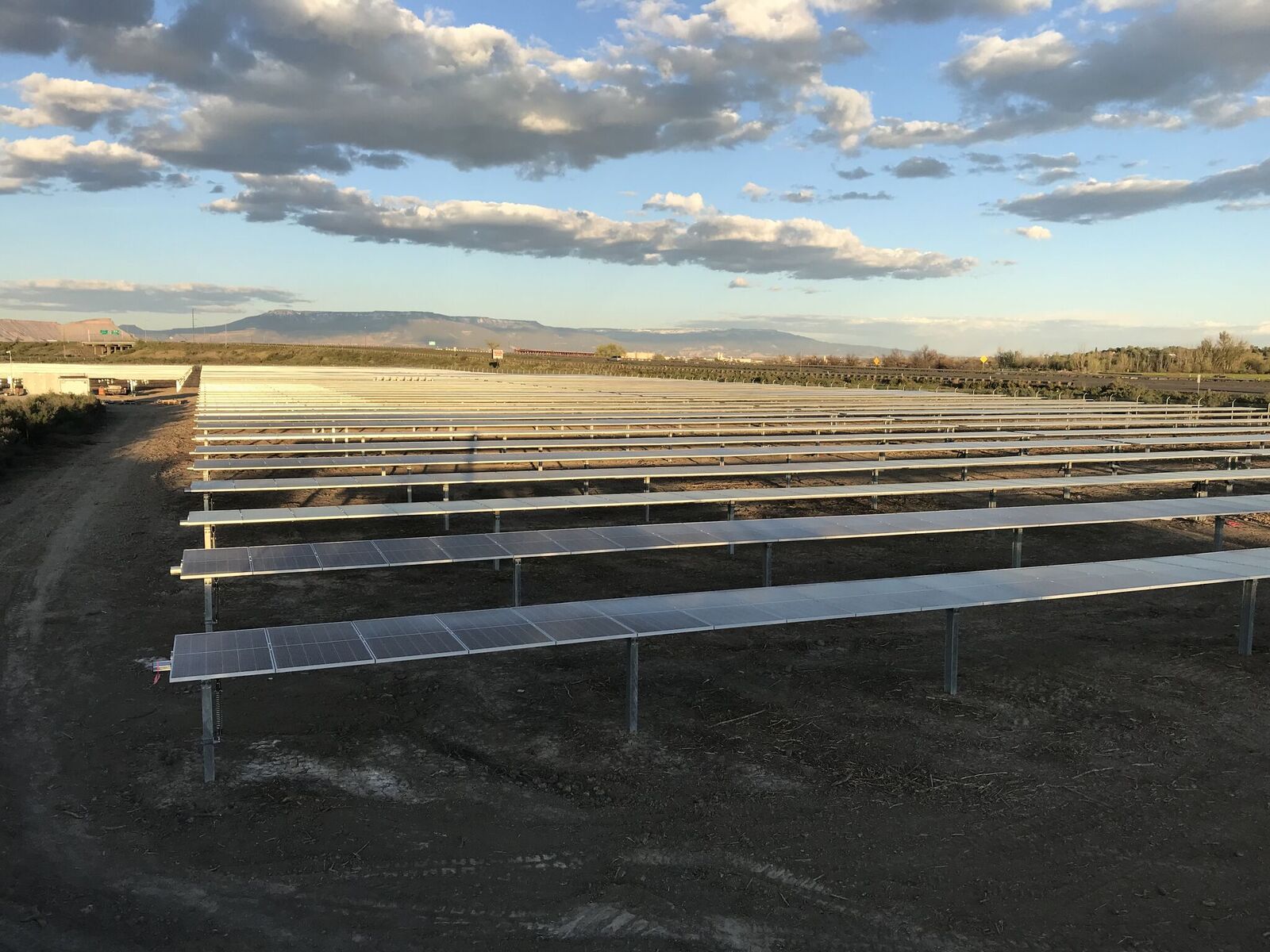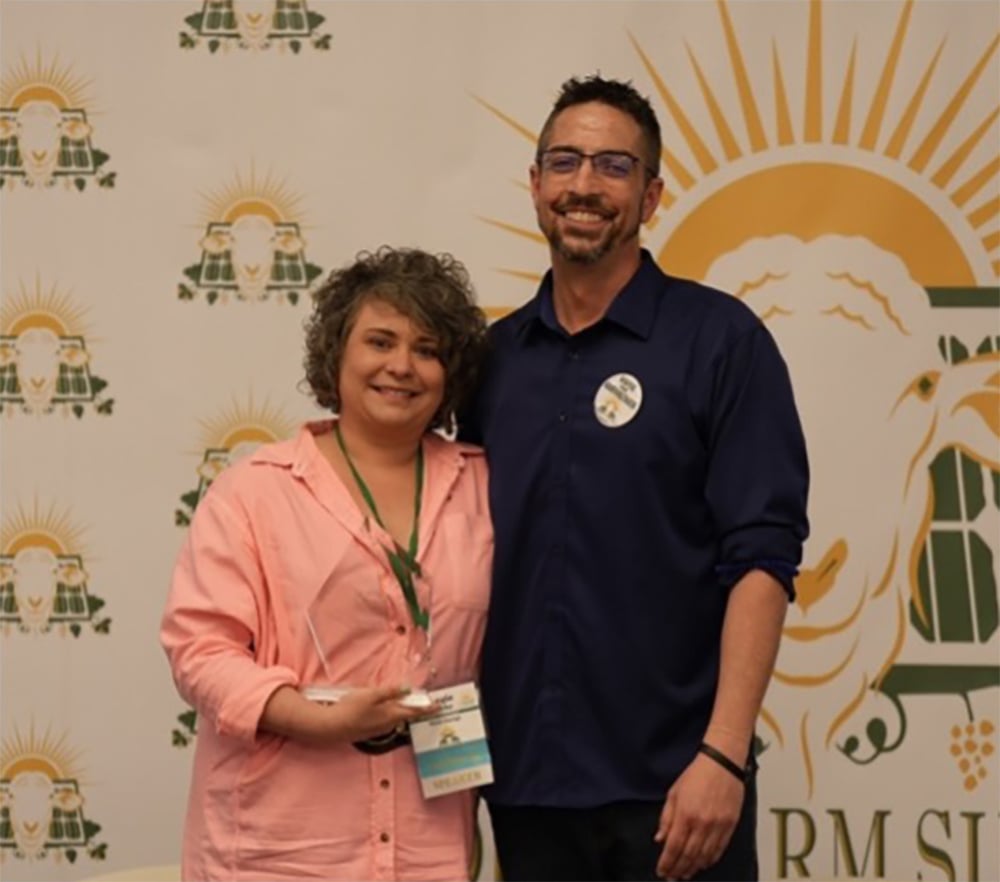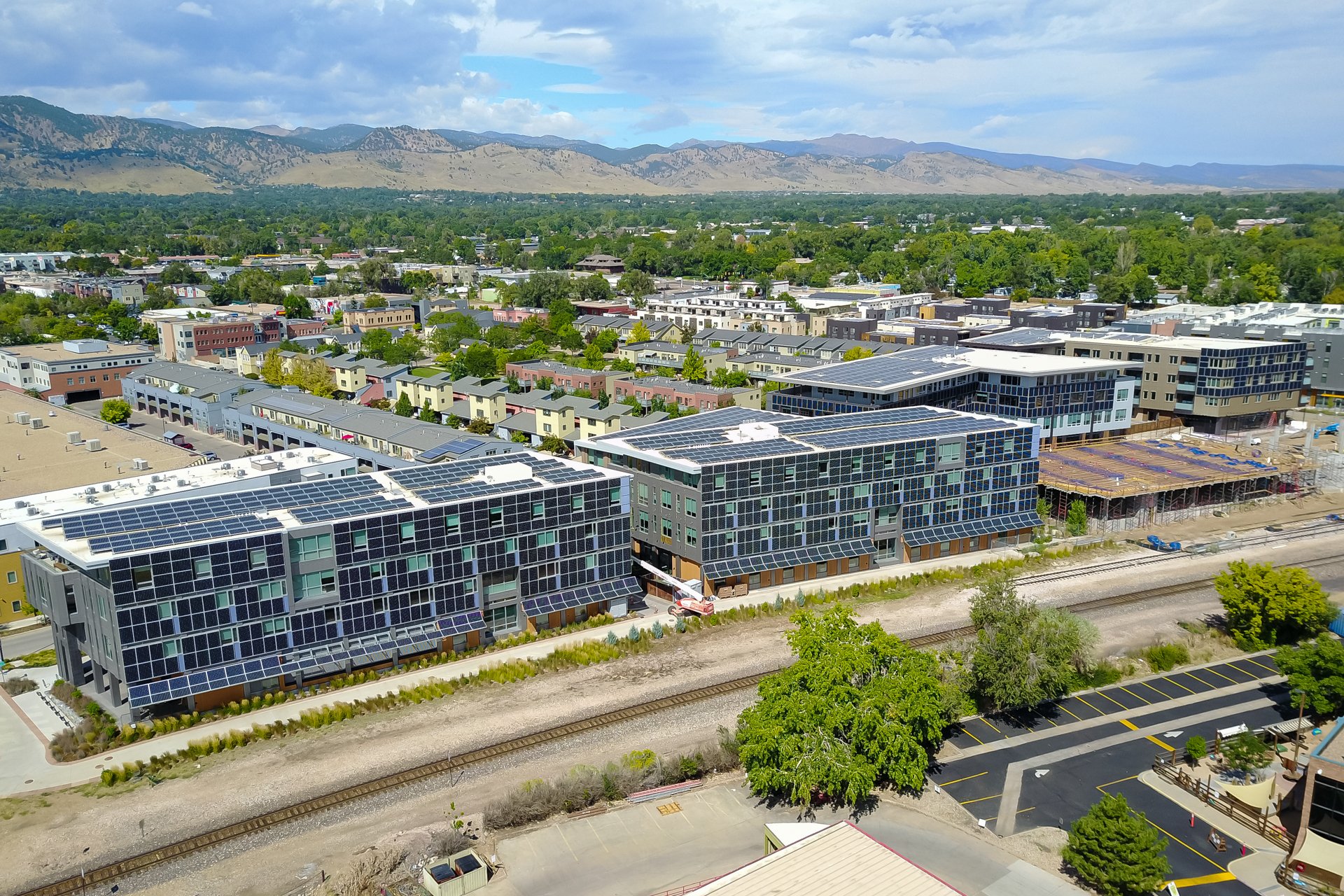Green Hotels
February 9, 2015

Chances are that if you’ve stayed in a hotel lately, you’ve seen cards inviting guests to choose to re-use their towels and have their beds made without changing the linens. This certainly began in areas where water is less abundant, like California, but has made its way into even mainstream hotels in the Midwest. Laundering less saves a significant amount of not just water, but also energy and other resources. And why not? How many of us change our bed linens or towels after a single use?
The more progressive hotels are taking a longer, harder look at making their operations more sustainable. In addition to the water-saving programs mentioned above, many hotels are installing low-flow faucets, showers and dual-flush toilets, and are choosing to serve water in their restaurants only on request. In 2014, the EPA launched their WaterSense H2Otel Challenge to encourage water savings, and help participants gain a competitive edge in the process. Caesars Entertainment was the first company to embark on the challenge, and saves millions of gallons of water each year, along with a significant amount of energy that would have been used to heat that water.
To further their energy savings, many hotels take advantage of energy efficient lighting, which have particularly strong paybacks and energy savings in common areas that are lit 24×7. Hotels can also require room keys to activate lighting and other systems, so when the guest leaves, the system can activate power-saving features like turning off lights and appliances and setting back the thermostat. More significant savings can be achieved when you start from the ground up.
The Holiday Inn Express St. Louis Airport was conceived and built to be a “green” hotel. The hotel owner started by hiring Microgrid to conduct an energy modeling study, which identified a variety of energy conservation measures and quantified the payback of each. As a result, they upgraded the building’s windows and insulation, and installed high-efficiency water fixtures, lighting, and space conditioning units throughout the hotel. They also invested in high-efficiency kitchen and recreational equipment, and installed a rooftop solar array to generate a portion of the energy used in the hotel operations. They further cater to the eco-minded consumer by offering free electric vehicle charging stations to lodgers.
Another area for hotels to “green up” is in waste management. Waste hauling is a significant expense, and hotels can lower their costs dramatically by recycling, composting and minimizing product packaging. The Moonrise Hotel, a boutique hotel on the Delmar Loop in St. Louis, has a comprehensive recycling and composting program, and donates leftover food and soap to special charities. Discarded food represents as much as half of a hotel’s solid waste, and the resulting compost is an excellent organic fertilizer. The LEED certified gold Hyatt Regency McCormick Place in Chicago has implemented an extensive recycling and composting program, redirecting over a hundred tons of waste from landfills each year.
So indeed, hotels are “going green” to save money, as there is a strong business case for sustainability. In addition to the cost savings, these hotels enjoy greater customer loyalty and employee retention, and gain a competitive advantage by demonstrating leadership in environmental stewardship. The Green Hotels & Responsible Tourism Initiative provides a strong case for hotels to embrace sustainability, along with a great traveler’s guide to help you make the best choices when you travel. There are a number of good resources to help identify green hotels, including the Green Hotel Association and EnvironmentallyFriendlyHotels.com.



